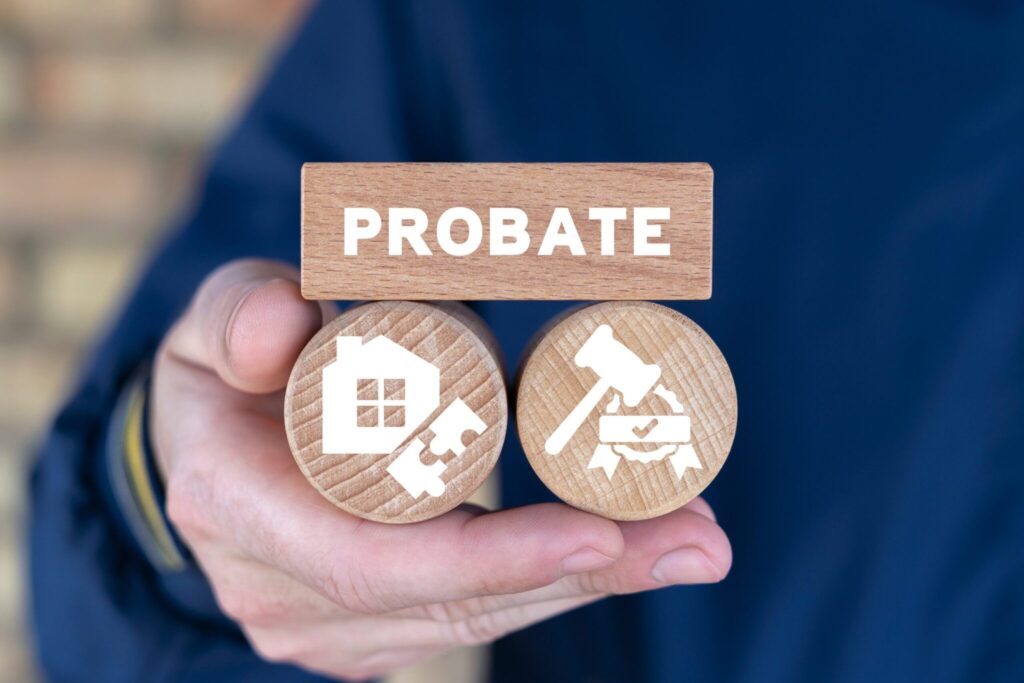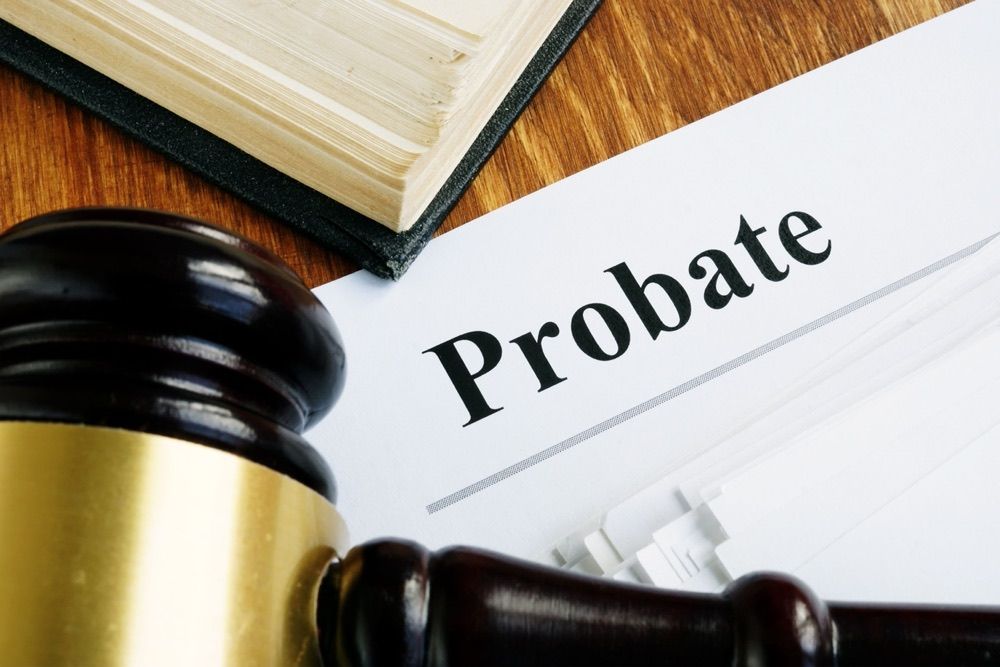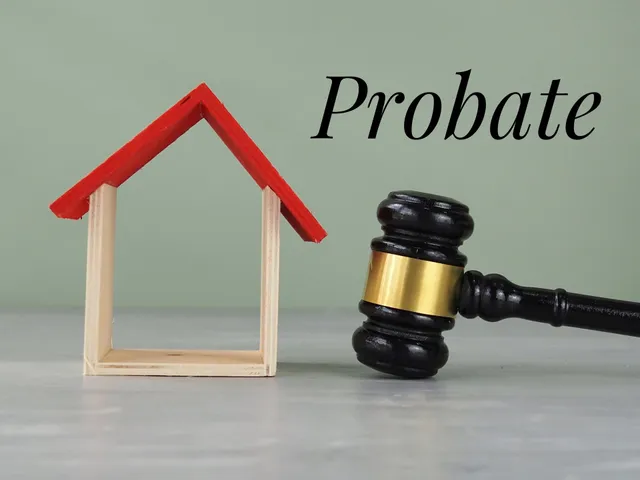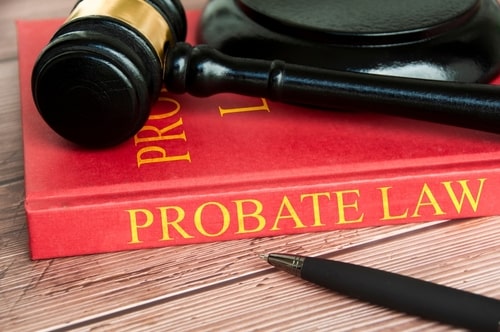Understanding the Probate Process Timeline in Texas
The probate process in Texas can often feel overwhelming, especially for those unfamiliar with legal procedures. Understanding the timeline of probate is essential for executors and heirs alike, as it provides clarity on how long the process may take from beginning to end.
Typically, the probate process in Texas can range from a few months to over a year, depending on the complexity of the estate. Factors such as the size of the estate, whether there are disputes among heirs, and the efficiency of the probate court can all impact the timeline. For instance, simple estates may be probated within six months, while contested cases could extend for years.
Common Mistakes to Avoid During the Probate Process
Probate can be fraught with pitfalls, and understanding common mistakes can help executors navigate the process more smoothly. One prevalent mistake is failing to keep accurate records of estate assets and liabilities, which can lead to complications down the line.
Another common error is neglecting to communicate effectively with beneficiaries. Keeping heirs informed about the status of the probate process and any decisions made can help prevent disputes and foster a smoother transition of assets. By being aware of these mistakes, executors can better manage the probate process and ensure compliance with Texas probate laws.
Exploring Alternatives to Probate in Texas
While probate is a common method for settling an estate, there are alternatives available that may be more suitable for certain situations. Understanding these alternatives can save time and expenses associated with the traditional probate process.
Some alternatives include establishing a living trust, which allows for the direct transfer of assets upon death, or using joint ownership arrangements that bypass probate altogether. Additionally, Texas offers a small estate affidavit process for estates under a certain value, enabling heirs to claim assets without going through full probate. Exploring these options can provide a more efficient way to handle estate matters.
The Role of Executors in Texas Probate
The executor plays a crucial role in the probate process, acting as the personal representative of the deceased's estate. Understanding the responsibilities and duties of an executor is vital for anyone tasked with this role.
In Texas, the executor is responsible for gathering the deceased's assets, paying debts and taxes, and distributing the remaining property to beneficiaries. This role requires careful attention to detail and adherence to legal requirements, including filing necessary documents with the probate court. Executors must also communicate effectively with beneficiaries to ensure transparency throughout the process.
Understanding the Probate Process Timeline in Texas
The probate process in Texas can often feel overwhelming, especially for those unfamiliar with legal procedures. Understanding the timeline of probate is essential for executors and heirs alike, as it provides clarity on how long the process may take from beginning to end.
Typically, the probate process in Texas can range from a few months to over a year, depending on the complexity of the estate. Factors such as the size of the estate, whether there are disputes among heirs, and the efficiency of the probate court can all impact the timeline. For instance, simple estates may be probated within six months, while contested cases could extend for years.
Common Mistakes to Avoid During the Probate Process
Probate can be fraught with pitfalls, and understanding common mistakes can help executors navigate the process more smoothly. One prevalent mistake is failing to keep accurate records of estate assets and liabilities, which can lead to complications down the line.
Another common error is neglecting to communicate effectively with beneficiaries. Keeping heirs informed about the status of the probate process and any decisions made can help prevent disputes and foster a smoother transition of assets. By being aware of these mistakes, executors can better manage the probate process and ensure compliance with Texas probate laws.
Exploring Alternatives to Probate in Texas
While probate is a common method for settling an estate, there are alternatives available that may be more suitable for certain situations. Understanding these alternatives can save time and expenses associated with the traditional probate process.
Some alternatives include establishing a living trust, which allows for the direct transfer of assets upon death, or using joint ownership arrangements that bypass probate altogether. Additionally, Texas offers a small estate affidavit process for estates under a certain value, enabling heirs to claim assets without going through full probate. Exploring these options can provide a more efficient way to handle estate matters.
The Role of Executors in Texas Probate
The executor plays a crucial role in the probate process, acting as the personal representative of the deceased's estate. Understanding the responsibilities and duties of an executor is vital for anyone tasked with this role.
In Texas, the executor is responsible for gathering the deceased's assets, paying debts and taxes, and distributing the remaining property to beneficiaries. This role requires careful attention to detail and adherence to legal requirements, including filing necessary documents with the probate court. Executors must also communicate effectively with beneficiaries to ensure transparency throughout the process.










